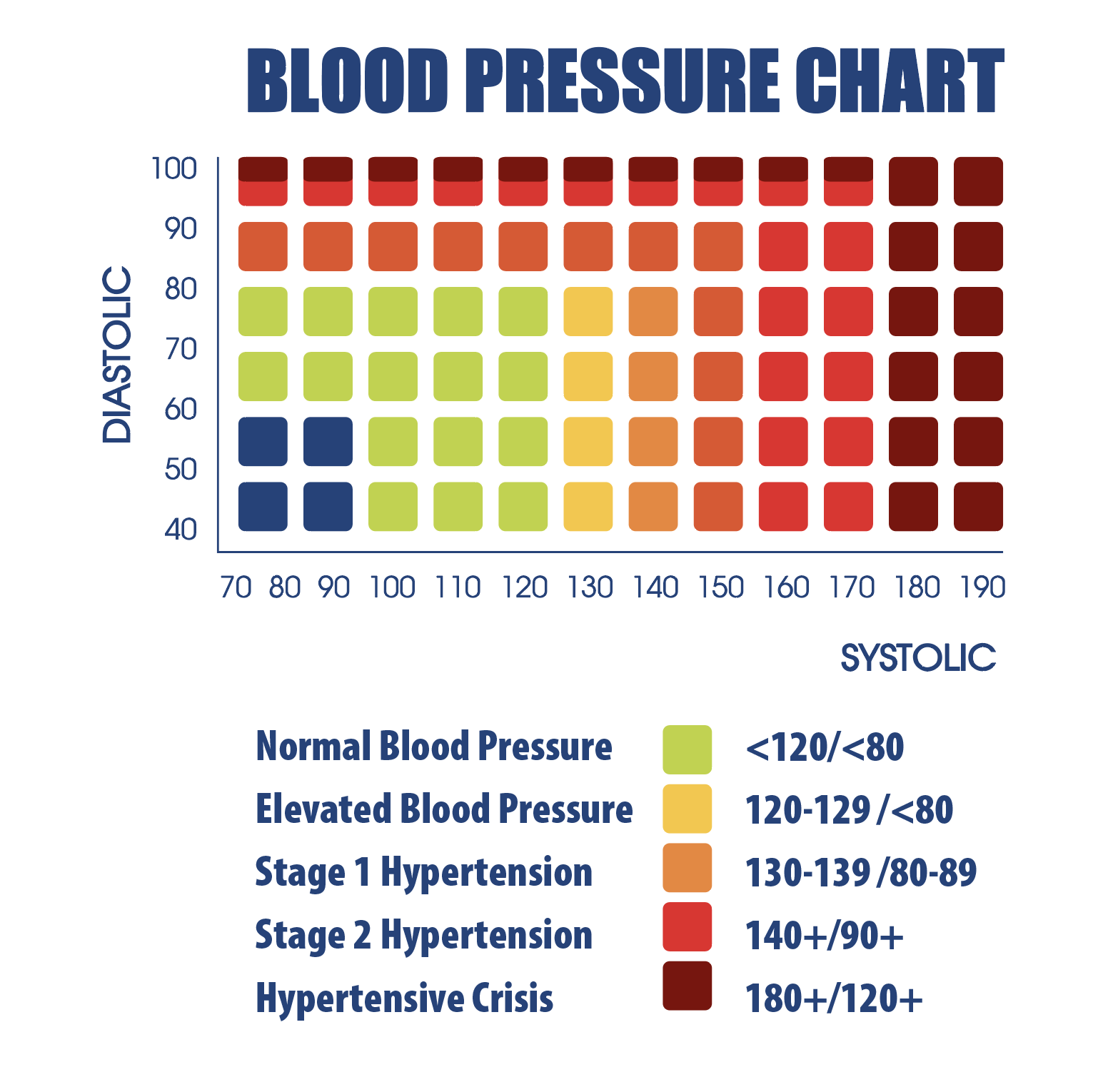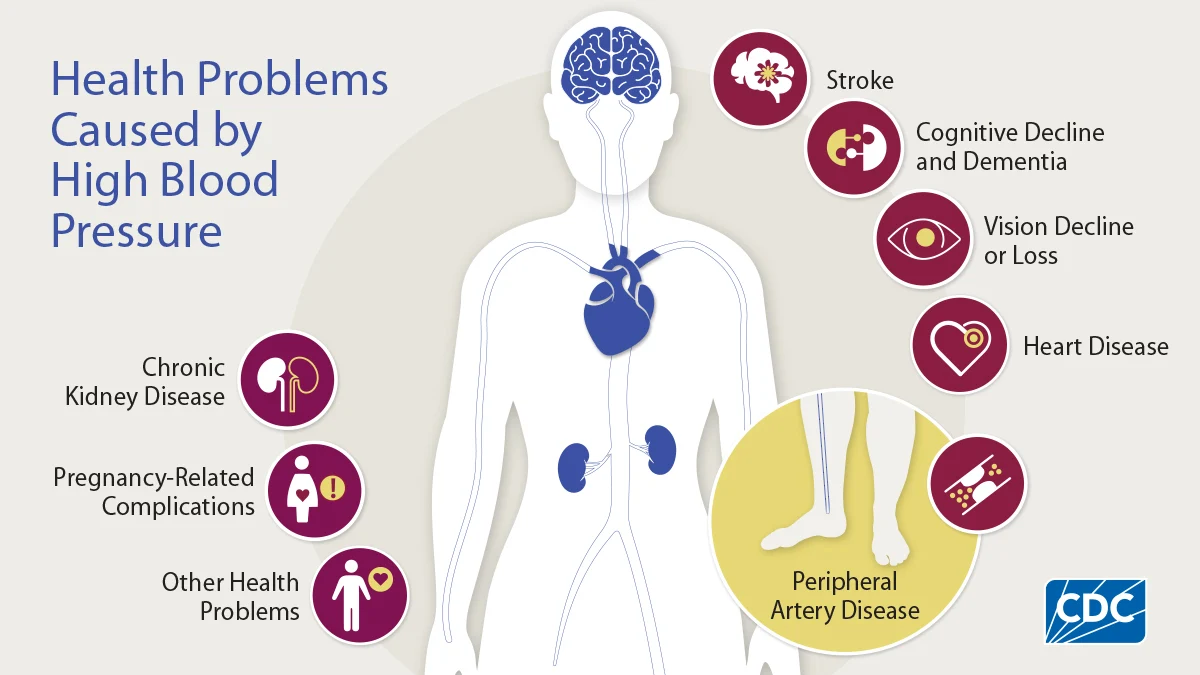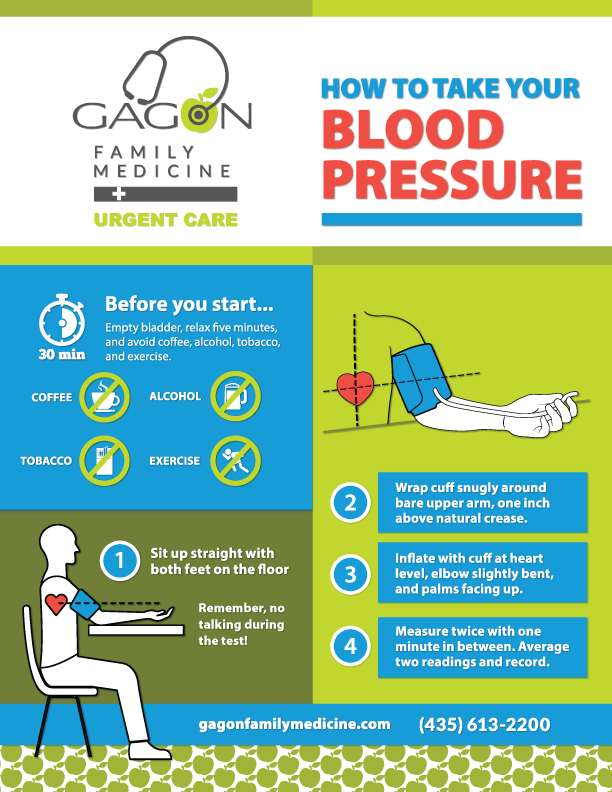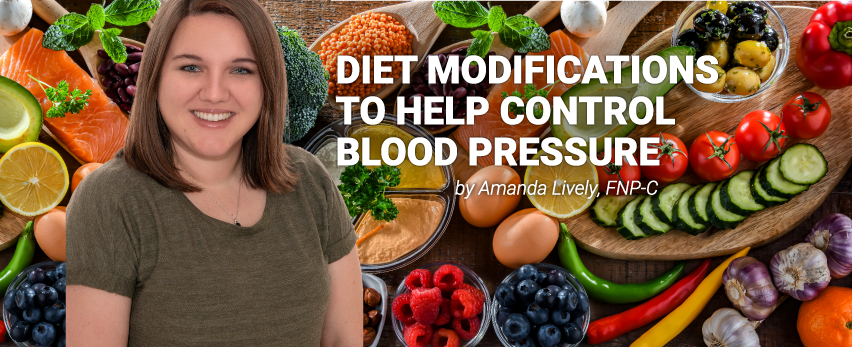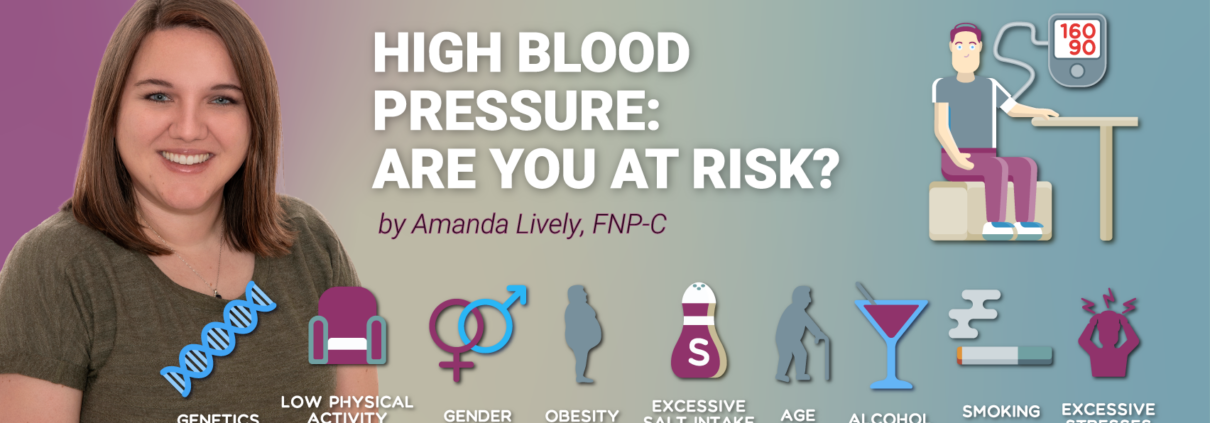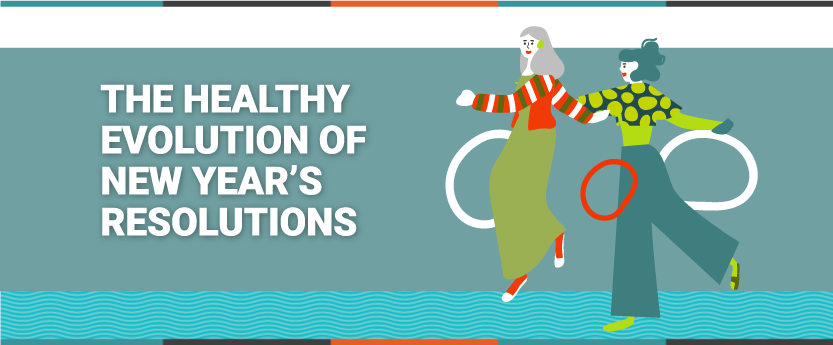What are the signs and symptoms of high blood pressure?
High blood pressure usually has no warning signs or symptoms, and many people do not know they have it. Measuring your blood pressure is the only way to know whether you have high blood pressure.
What causes high blood pressure?
High blood pressure usually develops over time. It can happen because of unhealthy lifestyle choices, such as not getting enough regular physical activity. Certain health conditions, such as diabetes and having obesity, can also increase the risk for developing high blood pressure. High blood pressure can also happen during pregnancy. You can manage your blood pressure to lower your risk for serious health problems that may affect your heart, brain, kidneys, and eyes.
What problems does high blood pressure cause?
High blood pressure can damage your health in many ways. It can seriously hurt important organs like your heart, brain, kidneys, and eyes.
The good news is that, in most cases, you can manage your blood pressure to lower your risk for serious health problems.
Heart Attack and Heart Disease
High blood pressure can damage your arteries by making them less elastic, which decreases the flow of blood and oxygen to your heart and leads to heart disease. In addition, decreased blood flow to the heart can cause:
- Chest pain, also called angina.
- Heart attack, which happens when the blood supply to your heart is blocked and heart muscle begins to die without enough oxygen. The longer the blood flow is blocked, the greater the damage to the heart.
- Heart failure, a condition that means your heart can’t pump enough blood and oxygen to your other organs.
Stroke and Brain Problems
High blood pressure can cause the arteries that supply blood and oxygen to the brain to burst or be blocked, causing a stroke. Brain cells die during a stroke because they do not get enough oxygen. Stroke can cause serious disabilities in speech, movement, and other basic activities. A stroke can also kill you.
Having high blood pressure, especially in midlife, is linked to having poorer cognitive function and dementia later in life. Learn more about the link between high blood pressure and dementia from the National Institutes of Health’s Mind Your Risks® campaign.
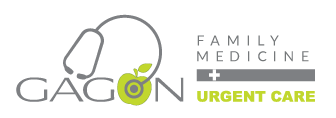
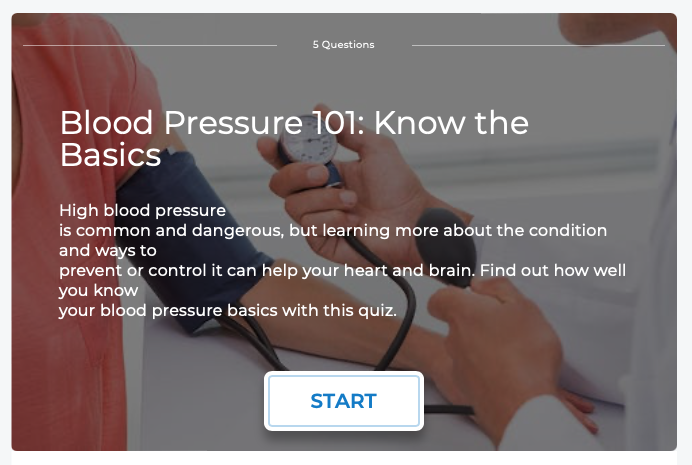
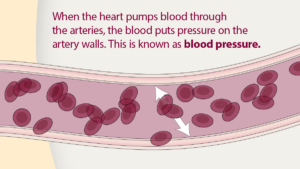 Blood pressure is the pressure of blood pushing against the walls of your arteries. Arteries carry blood from your heart to other parts of your body.
Blood pressure is the pressure of blood pushing against the walls of your arteries. Arteries carry blood from your heart to other parts of your body.